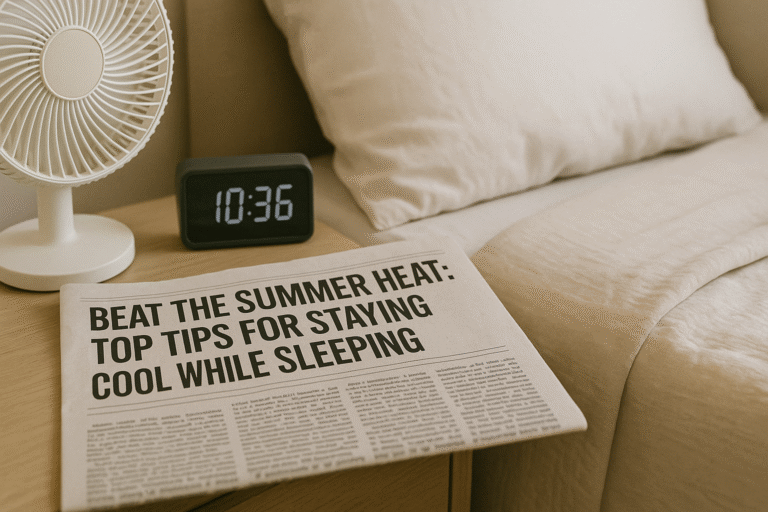Migraines are more than just headaches—they can be debilitating episodes that disrupt daily life, leaving you in the dark for hours or even days. For many, these migraines seem to have an uncanny knack for striking at the worst possible times: the day of a big presentation, during an important event, or at the start of a long-awaited vacation. Fortunately, there are strategies you can implement to significantly reduce their occurrence and severity.
Understanding Migraine Triggers
Before we delve into prevention, it’s essential to understand what might be triggering your migraines. Common triggers include stress, certain foods and beverages, hormonal changes, sleep disturbances, and environmental factors. Each person’s triggers are unique, and identifying them is a crucial first step. Consider maintaining a migraine diary to track your symptoms and possible triggers, noting the time, duration, and intensity of each attack, as well as your diet, sleep patterns, and activities leading up to the onset.
The Role of Diet in Migraine Prevention
Diet plays a significant role in migraine prevention. Certain foods are known to trigger migraines in sensitive individuals, such as aged cheeses, processed meats, chocolate, caffeine, and alcohol. Consider eliminating these from your diet if you suspect they might be a trigger. Conversely, ensure you’re maintaining a balanced diet rich in fruits, vegetables, and whole grains, which provide essential nutrients that may help ward off attacks. Staying hydrated is vital, so aim to drink plenty of water throughout the day.
Managing Stress Effectively
Stress is a well-known migraine trigger. Implementing stress-reduction techniques can be beneficial in preventing attacks. Techniques such as mindfulness meditation, yoga, or deep breathing exercises can help manage stress levels. Regular physical activity is another excellent way to reduce stress and improve overall health. Finding activities that involve relaxation and pleasure can also be beneficial; whether it’s reading a book, taking a walk, or engaging in a hobby, taking time for yourself is crucial.
Adequate Sleep and Routine
Lack of sleep or poor-quality sleep can precipitate migraines, making it essential to establish a consistent sleep routine. Aim for a stable sleep schedule by going to bed and waking up at the same time every day, even on weekends. Create a comfortable sleep environment by keeping your bedroom dark, quiet, and cool. Avoid screens at least an hour before bed, as the blue light can interfere with the production of melatonin, a hormone that regulates sleep.
Hormonal Considerations
Hormonal fluctuations, particularly in women, can trigger migraines. For some, migraines may coincide with their menstrual cycle. If you suspect your migraines are linked to hormonal changes, discuss this with your healthcare provider. Birth control or hormone replacement therapies might play a role in managing hormone-related migraines, but it is paramount to have medical guidance when considering these options.
The Impact of Regular Physical Activity
Exercise is often recommended as part of a healthy lifestyle but it can also directly influence migraine frequency and severity. Regular physical activity stimulates the release of endorphins, which are natural painkillers, and helps in reducing stress and improving sleep—all factors that contribute to migraine reduction. While intensive exercise might trigger migraines in some individuals, moderate activities like walking, swimming, or cycling can be beneficial.
Environmental Factors
Sometimes, migraines can be triggered by environmental factors. Bright or flickering lights, loud noises, or strong smells might provoke an attack. While it’s not always possible to avoid these entirely, you can minimize exposure. For instance, wearing sunglasses on bright days, using earplugs in noisy environments, and avoiding perfumes or strong odors might circumvent some triggers.
The Importance of Regular Medical Check-Ups
Regular consultations with a healthcare professional can make a significant difference in managing migraines. Your doctor may recommend medications specifically designed to prevent migraines, advice on lifestyle changes tailored to your symptoms, or cognitive therapy. Always communicate openly about your condition and any changes or side effects you experience from medications or new lifestyle habits.
Alternative Treatments and Therapies
For those interested in alternative therapies, several options could complement traditional treatments. Acupuncture, biofeedback, and chiropractic care have been reported to help some individuals with migraines. Supplements such as magnesium, riboflavin, and coenzyme Q10 have also been suggested for migraine prevention, but it’s crucial to consult your healthcare provider before starting any new treatment. Additionally, aromatherapy with essential oils such as lavender or peppermint might provide relief for some, either by reducing stress or soothing the pain during an attack.
Planning for Important Days
If you know you have important days approaching, like a wedding, interview, or presentation, it’s wise to prepare in advance. Try to eliminate or minimize trigger exposure in the days leading up to the big event. Ensure you are well-rested, well-nourished, and hydrated. If stress is unavoidable, practice stress reduction techniques rigorously. Having a contingency plan can also reduce anxiety; for instance, keeping migraine medication handy or having a quiet space you can retreat to if needed.
Conclusion
Living with migraines can be challenging, but with the right strategies, you can reduce their frequency and impact on your life. The key lies in understanding your unique triggers and adopting a holistic approach to prevention, including dietary adjustments, stress management, adequate sleep, exercise, and regular medical consultations. By taking proactive steps and being mindful of potential triggers, you can regain control and ensure that migraines don’t overshadow your most important days.



